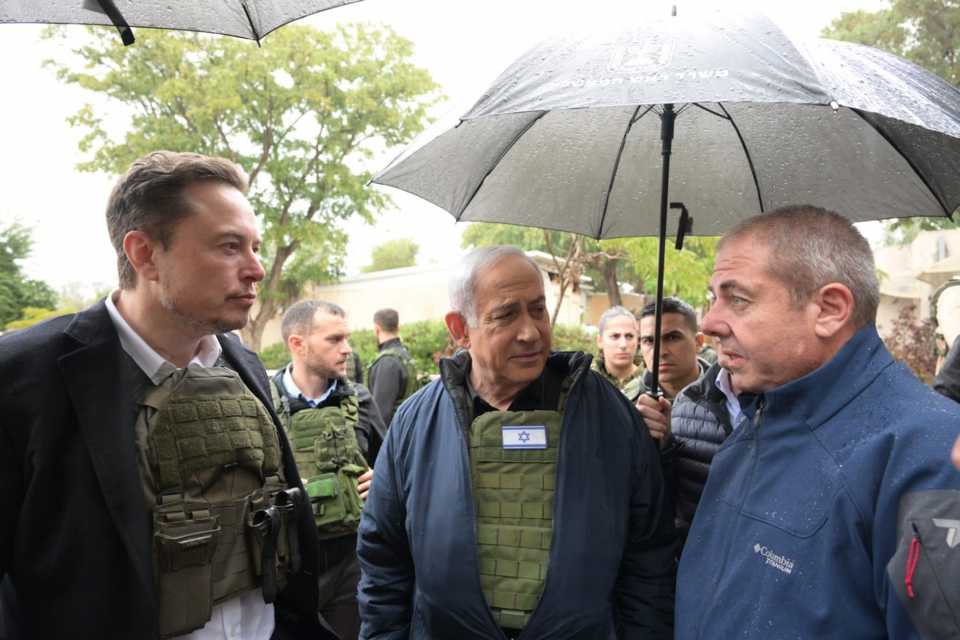In late November last year, Elon Musk, the owner of X and Tesla, made a controversial trip to occupied Palestinian territories following criticism from the Zionist lobby group, the Anti-Defamation League. Musk's visit was speculated to be an attempt to salvage his image and business reputation after facing accusations of anti-Semitism and a significant drop in shareholder value on X.
During his visit, Musk was escorted to various locations in the occupied territories, where he was photographed alongside Israeli forces and subjected to disinformation campaigns by Zionist officials. Despite being surrounded by Zionist forces, Musk refused to enter Gaza, citing safety concerns.
Upon Musk's return to the US, there were notable changes on X. Pro-Palestinian voices faced suppression, with journalists suspended and accounts removed without warning. Musk, who had previously claimed to be a "free speech absolutist," remained silent on these actions.
Furthermore, it has been revealed that there was Zionist infiltration of X even before Musk's visit to Palestine. High-ranking Israeli military personnel were identified working in influential positions at X, including in content moderation and account suspensions. This includes individuals like Michal Totchani, who held positions in Israeli intelligence and Netanyahu's National Security Council.
The revelation of Zionist influence within X raises questions about Musk's control over the platform and the extent of collaboration between X and Israeli interests. The use of hashtags like "#IDFatX" aims to expose Israeli personnel in positions of influence within the company.
Overall, Musk's visit and subsequent actions on X highlight concerns about the influence of the Zionist lobby and Israeli interests on social media platforms and their impact on freedom of speech and expression.

















